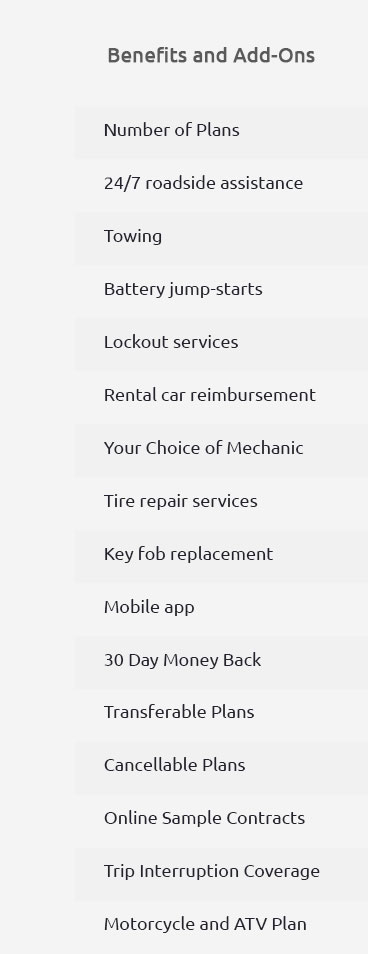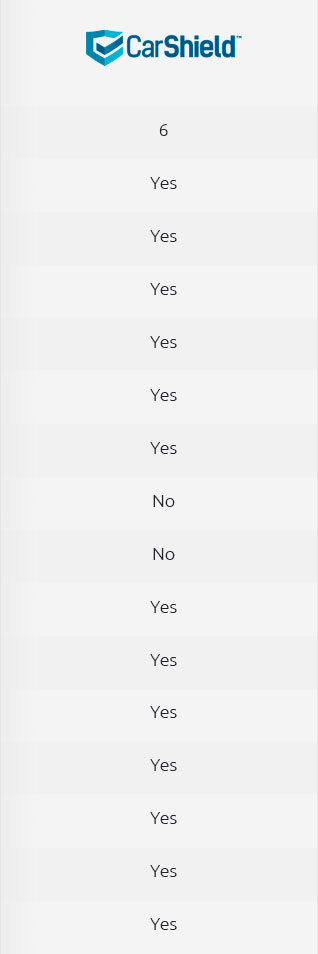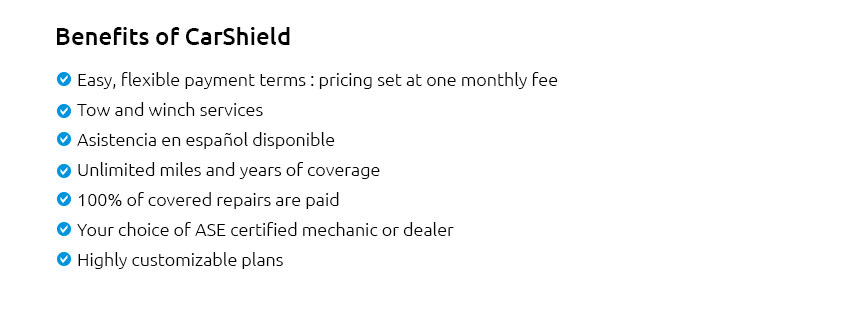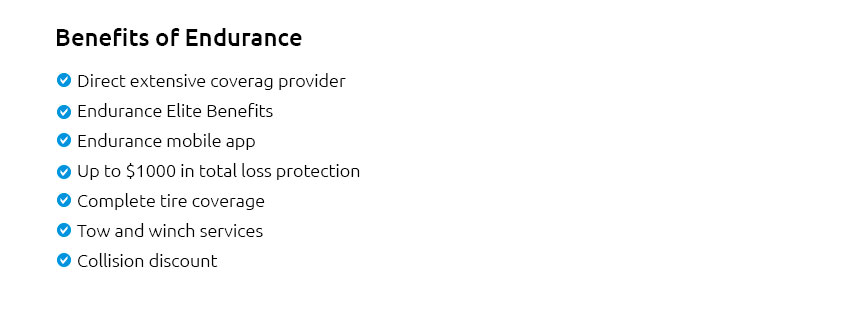 |
 |
 |
 |
 |
|||
 |
|||
 |
 |
 |
|
 |
|||
 |
|
 |
|
 |
|
 |
|
 |
|
 |
|
 |
|
 |
|

Gap Insurance Only: A Comprehensive Coverage GuideFor many U.S. consumers purchasing a vehicle, understanding gap insurance is crucial. This coverage can offer peace of mind by protecting you from unexpected costs, especially if your car is totaled or stolen. But what exactly does 'gap insurance only' mean, and how does it fit into the bigger picture of vehicle protection? Understanding Gap InsuranceGap insurance, or Guaranteed Asset Protection, covers the difference between your car's actual cash value and the balance you owe on your auto loan. This is particularly beneficial if your vehicle depreciates faster than you're paying off the loan. Why Consider Gap Insurance?
In places like New York, where car depreciation can be steep, gap insurance offers a safety net that standard policies might not. How Gap Insurance Works with Other Vehicle ProtectionsWhile gap insurance is critical, it works best when combined with other forms of vehicle protection such as extended warranties and repair coverage. For example, a used car repair warranty can cover unexpected repair costs, ensuring your vehicle remains in good working order without breaking the bank. Extended Warranties
With these additional protections, you can safeguard your investment comprehensively. FAQsWhat does gap insurance cover?Gap insurance covers the difference between your vehicle's actual cash value and what you owe on your auto loan if your car is totaled or stolen. Is gap insurance necessary for leased vehicles?Yes, gap insurance is often recommended for leased vehicles since they can depreciate quickly, leaving a significant gap between the car's value and the remaining lease payments. Can gap insurance be purchased separately?Yes, many insurers offer gap insurance as a standalone policy or as an add-on to your existing auto insurance policy. For drivers in bustling cities like Los Angeles, where vehicle accidents can be more common, having comprehensive coverage including gap insurance provides much-needed reassurance. https://arkansasag.gov/divisions/public-protection/automobile/gap-insurance/
GAP is designed to cover the difference (or gap) between what your insurance carrier will pay (what it's currently worth) and what you actually owe on the ... https://www.pfcu.com/personal/insurance/loan-protection/guaranteed-asset-protection-gap
Guaranteed Asset Protection fills the financial gap. Affordable coverage for your vehicle. Why is GAP a good idea? Because most insurance policies only ... https://mwg.aaa.com/insurance/car/gap-insurance
Gap insurance covers the $3,000 difference so you don't have to write a big check. What does gap insurance cover? Gap insurance only applies to vehicles covered ...
|